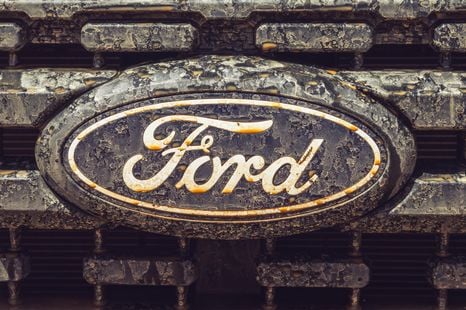

Damion Smy
Ford posts its biggest loss since the Global Financial Crisis
11 Hours Ago
VW's boss has confirmed the next T-Roc, Tiguan and Passat will be its last new combustion-powered models, while the Mk9 Golf is going EV.

News Editor
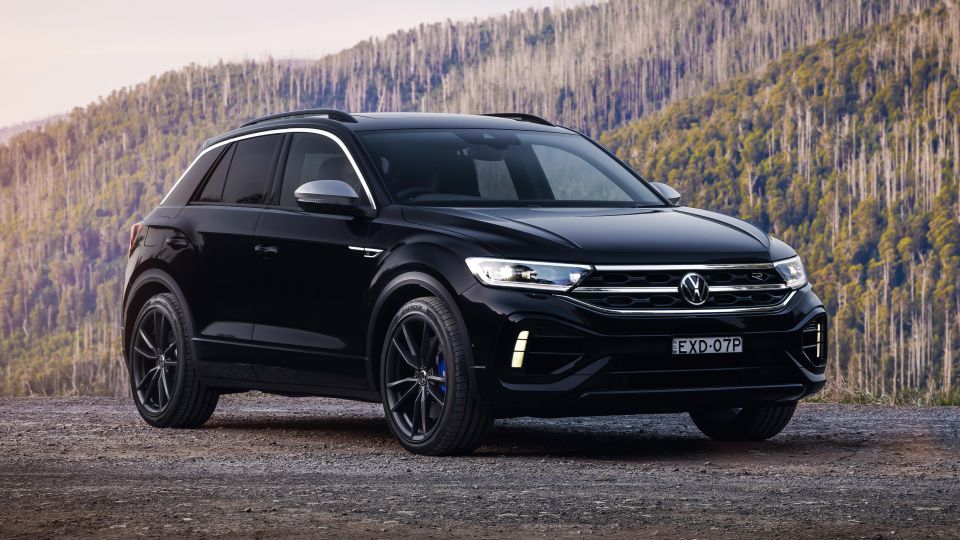

News Editor
The next Volkswagen T-Roc, due in 2025, will be the German brand’s last new combustion-powered vehicle in Europe, while the Golf’s electric replacement is due by the end of the decade.
The brand has already committed to producing only electric vehicles in Europe from 2033.
Don’t expect to see Volkswagen walk away from its long-running nameplates, however.
“It’s clear that we will not be giving up iconic names like Golf, Tiguan and GTI, but will be transferring them to the electric world,” Volkswagen brand boss Thomas Schäfer told German publication Automobilwoche.
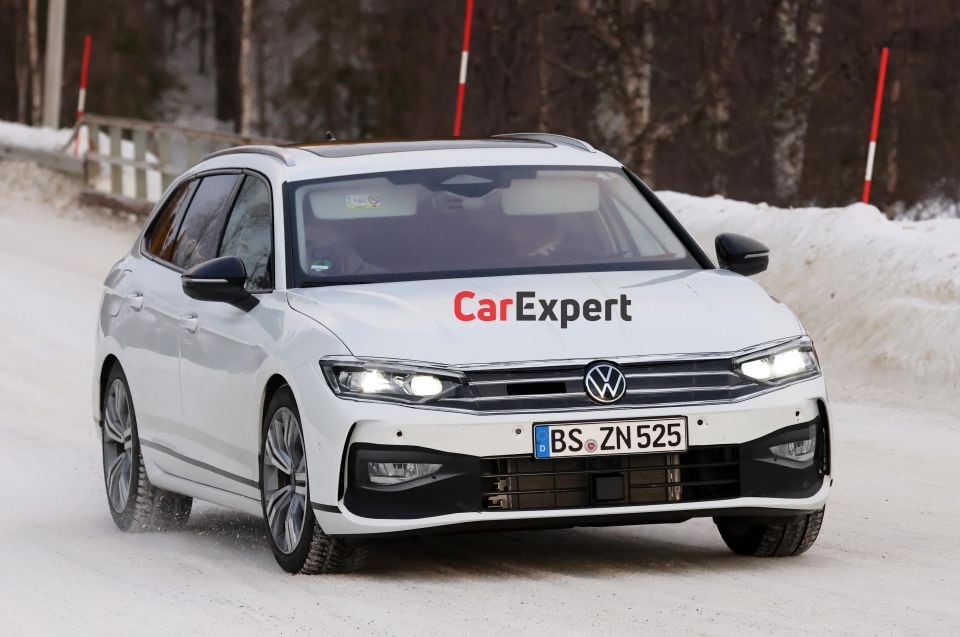
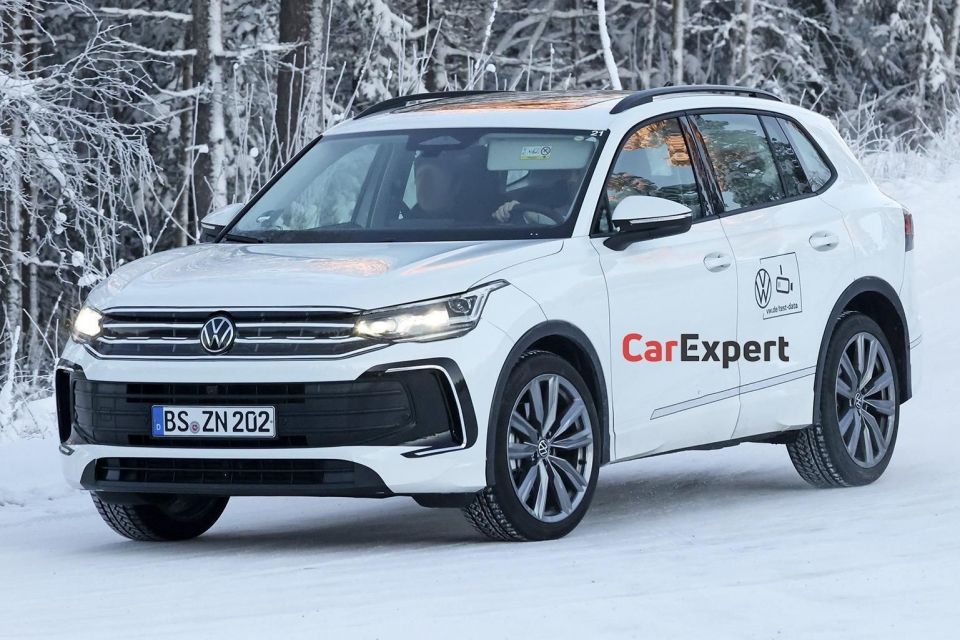
He shared some future product plans with the outlet, confirming the new Passat and Tiguan debuting this year will be the last generations of these nameplates with combustion power.
Before electric-only replacements for the T-Roc, Passat and Tiguan debut, however, there will be an EV-only Mk9 Golf.
Mr Schäfer confirmed the current Mk8 Golf will get a comprehensive update next year, which will “[put] it in a great position until the end of the decade”.
“Then we will have to see how the segment develops,” said Mr Schäfer.
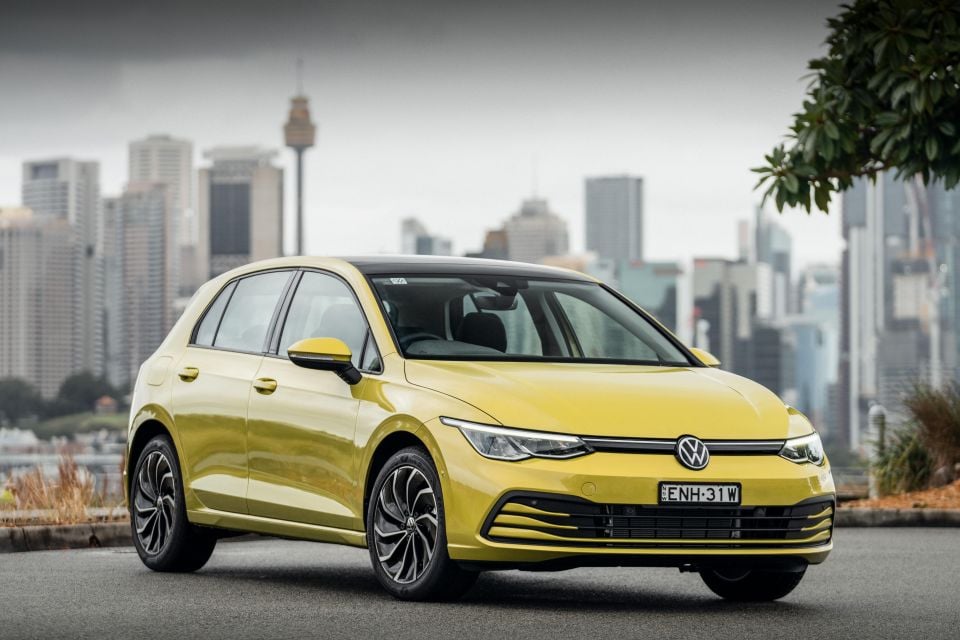
“If the world develops completely differently than expected by 2026 or 2027, then we can also launch a completely new vehicle again. But I don’t expect that to happen. So far, that’s not planned.”
He indicated a Golf replacement wouldn’t come until 2028 at the earliest, by which time Volkswagen will have its new SSP electric vehicle architecture.
This architecture will replace the MEB underpinnings currently employed by the brand’s electric vehicles.
That appears to rule out a report from earlier this year that Volkswagen would apply the Golf nameplate to the production version of the ID.2all, a small front-wheel drive electric hatchback based on the MEB Entry architecture that slots between the Polo and Golf in size.
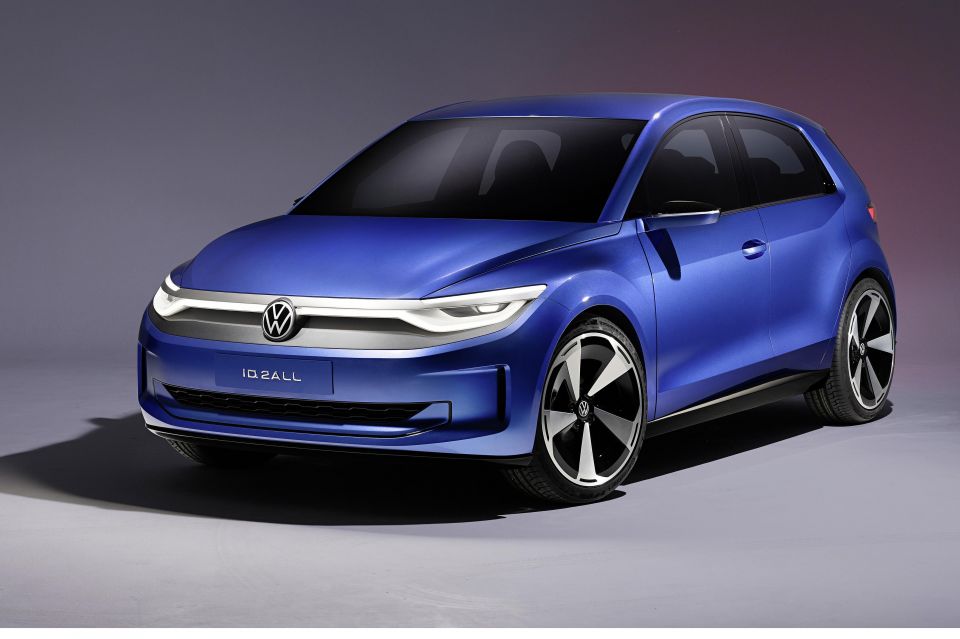
Don’t expect the brand to just slap the Golf badge on the taller ID.3, however, with the next Golf to have a flatter roof.
“With the Golf in particular, it has to fit the genes. Just calling any vehicle that doesn’t work. We won’t make that mistake,” said Mr Schäfer.
The production ID.2all could effectively replace the current Polo, with Mr Schäfer warning upcoming Euro 7 emissions regulations would make a combustion-powered next-generation Polo prohibitively expensive.
Mr Schäfer, who was appointed CEO of the Volkswagen brand last year, also told the publication the brand’s current crop of ID-badged electric vehicles were created at a time when “people wanted to be different and to reinvent Volkswagen”.
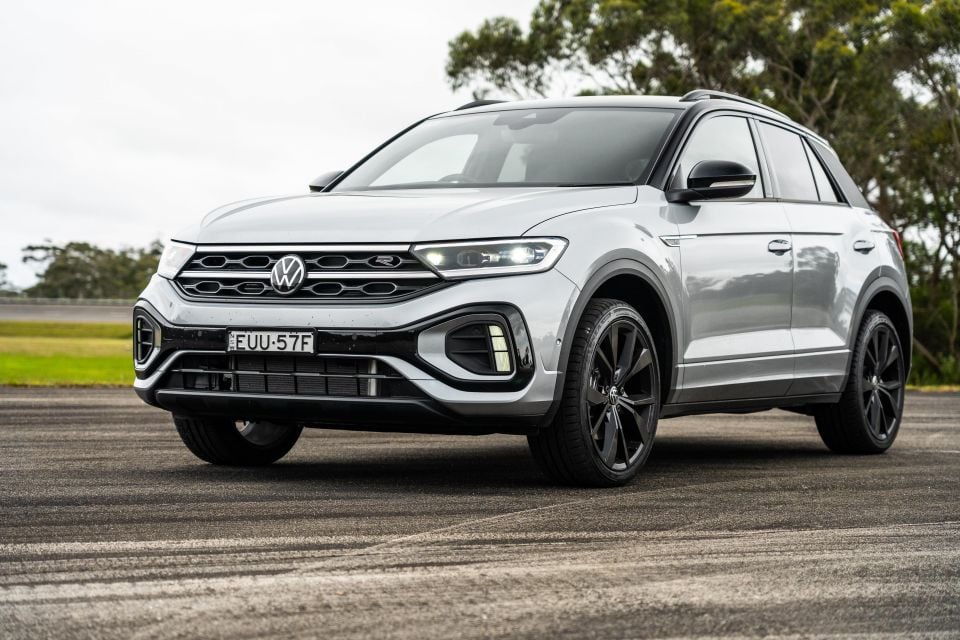
While he conceded this made sense as a way of getting these products to stand out more in the marketplace than past brand EVs like the e-Golf, the brand is now looking to return to the clean lines and high-quality interiors it had been known for.
The next-generation, combustion-powered T-Roc will be a particularly important vehicle for Volkswagen, considering it was the best-selling SUV in Europe last year and even outsold the Golf.
With the Golf going EV-only towards the end of the decade, the second-generation, combustion-powered T-Roc should be able to cater to those who prefer combustion power at least until a replacement arrives for it, likely in the next decade.
MORE: Everything Volkswagen Golf MORE: Everything Volkswagen T-Roc
Go deeper on the cars in our Showroom, compare your options, or see what a great deal looks like with help from our New Car Specialists.
William Stopford is an automotive journalist with a passion for mainstream cars, automotive history and overseas auto markets.


Damion Smy
11 Hours Ago
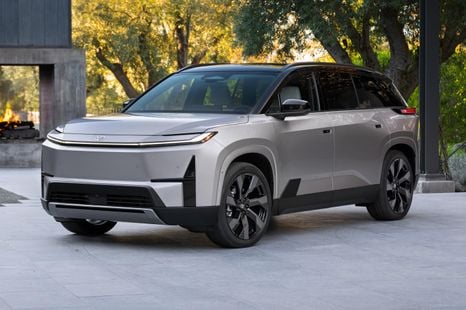

Damion Smy
12 Hours Ago


Ben Zachariah
14 Hours Ago
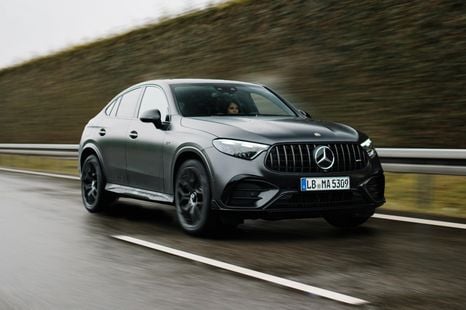

William Stopford
15 Hours Ago
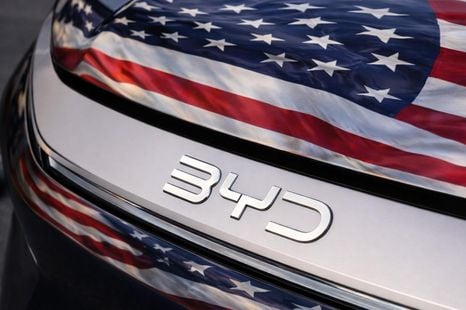

Damion Smy
18 Hours Ago
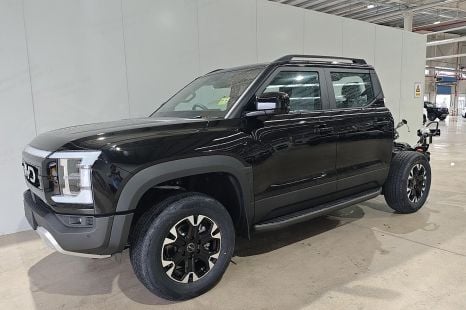

William Stopford
18 Hours Ago
Add CarExpert as a Preferred Source on Google so your search results prioritise writing by actual experts, not AI.